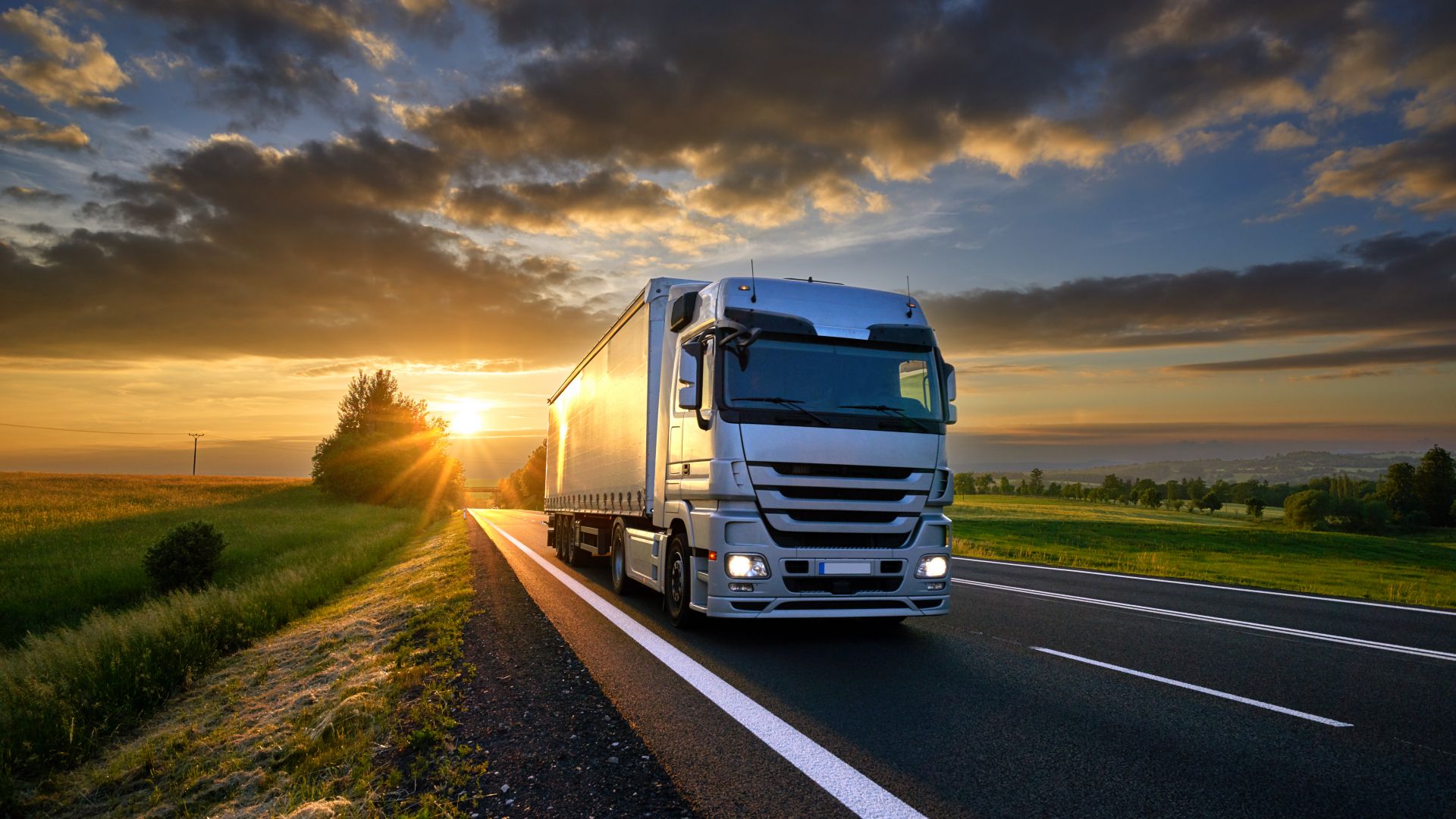Heavy-duty vehicles produce around 6% of total EU greenhouse gas emissions, and the EU will soon enforce a new legislation aiming at drastically reducing these emissions. Today the European Parliament backed a deal reached with the Council that aims to reduce 54 million tonnes of CO2 reduced by 2030 and to incentivise the zero and low-emission vehicles in a technology-neutral way.
Socialists and Democrats are strongly committed to clean mobility and to decarbonising transport to ensure that we can keep the increase of global temperature to well below 2°C above pre-industrial levels. This new legislation will also help to reduce air pollution and deliver fuel savings for haulers and consumers.
The S&D spokesperson on this report, Damiano Zoffoli MEP, said:
“We are establishing a 15% reduction target for the 2025-2029 and 30% for 2030 onwards, subject to be reviewed if new elements or technologies emerge. This is a very important step to comply with our Paris Climate goals and the EU target of reducing the greenhouse gas emissions by 2030.
“Thanks to our work the so-called ‘super-credits’ will be only in place till 2024. From 2025 onwards the regulation foresees a benchmark system of 2% which will help to encourage the production and the use of zero and low-emissions vehicles”.
“The legislation adopted today will bring certainty to the sector and will contribute to the European technological leadership of manufacturers and suppliers of clean vehicles, the vehicles of the future.
“There will be new ways to monitor and collect real data on fuel consumption and CO2 emissions which will help to avoid discrepancies in the emissions tests and future ‘dieselgate’ scandals. These provisions will ultimately decrease fuel consumption costs for transport operators, mostly Small and Medium Enterprises."
S&D spokesperson on environment, Miriam Dalli MEP, who was also author of the parliamentary report of C02 emissions from light vehicles, said:
"Despite fully knowing that trucks have a major impact on global warming, for far too long we had no standards for heavy duty vehicles. It is high time that the EU adopts binding CO2 targets for heavy duty vehicles and the Parliament's position set the right ambition.
“The future of cleaner vehicles, including trucks, will be driven by innovation and it is only through strong incentives that this change can happen. It is very positive that we have yet another policy in place to reduce CO2 emissions from road transport."









